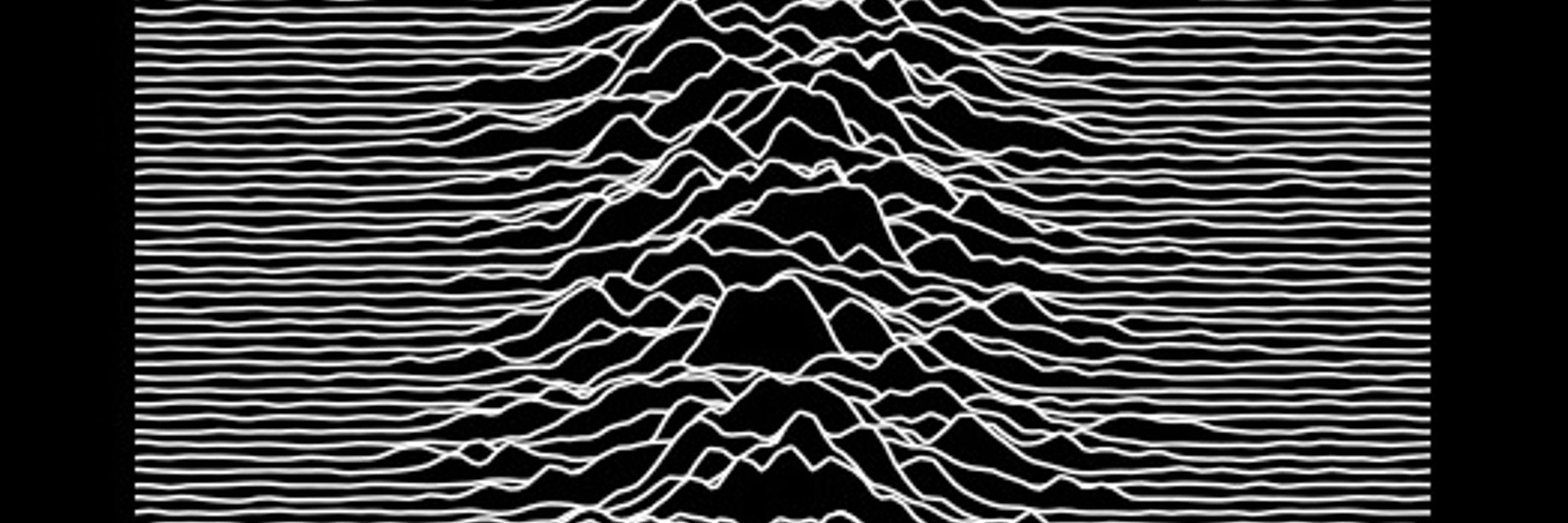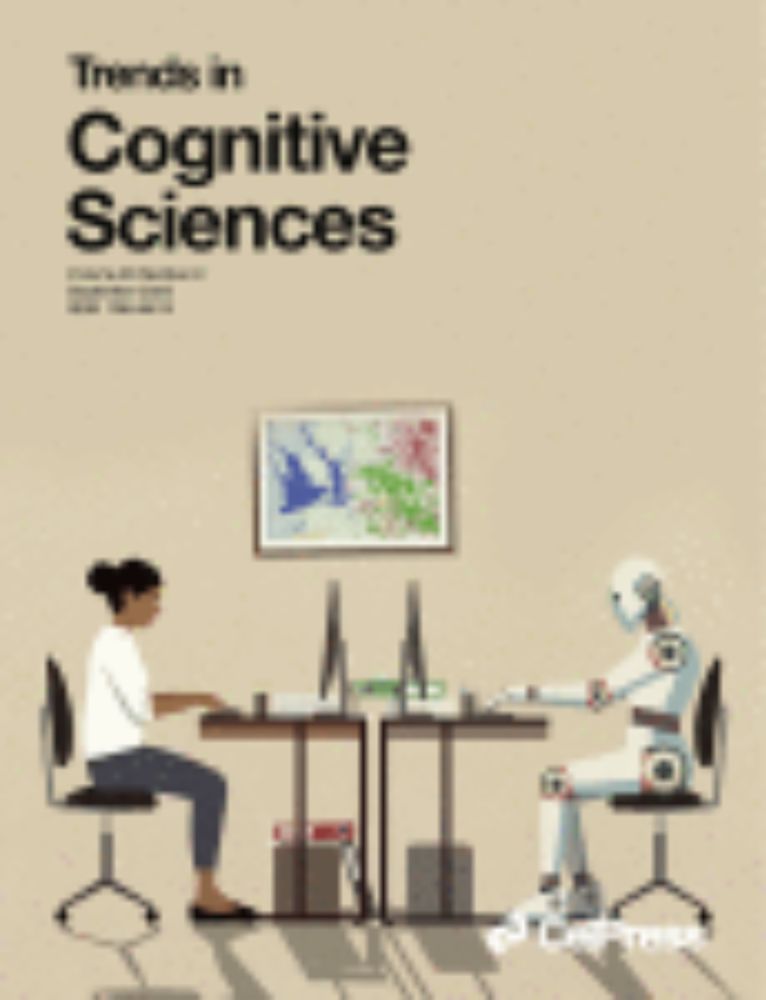
https://poldrack.github.io/



- the latest in my Better Code, Better Science series open.substack.com/pub/russpold...

- the latest in my Better Code, Better Science series open.substack.com/pub/russpold...


*and*
uses simulations + MID data to show how common collinearity avoidance strategies can bias results.
Huge thanks to @russpoldrack.org , M Demidenko, and the ABCD folks.
🔗 direct.mit.edu/imag/article...

*and*
uses simulations + MID data to show how common collinearity avoidance strategies can bias results.
Huge thanks to @russpoldrack.org , M Demidenko, and the ABCD folks.
🔗 direct.mit.edu/imag/article...






“The ideal subject of totalitarian rule is not the convinced Nazi or the convinced Communist, but people for whom the distinction between fact and fiction and the distinction between true and false no longer exist."
www.cbsnews.com/chicago/news...

“The ideal subject of totalitarian rule is not the convinced Nazi or the convinced Communist, but people for whom the distinction between fact and fiction and the distinction between true and false no longer exist."
www.cbsnews.com/chicago/news...
Access these datasets and more at: wbhi.ucsb.edu/researchers/...
Access these datasets and more at: wbhi.ucsb.edu/researchers/...



Turns out, mom was right.

Turns out, mom was right.


Many social scientists seem to think so, and are already using "silicon samples" in research.
One problem: depending on the analytic decisions made, you can basically get these samples to show any effect you want.
THREAD 🧵

Many social scientists seem to think so, and are already using "silicon samples" in research.
One problem: depending on the analytic decisions made, you can basically get these samples to show any effect you want.
THREAD 🧵


